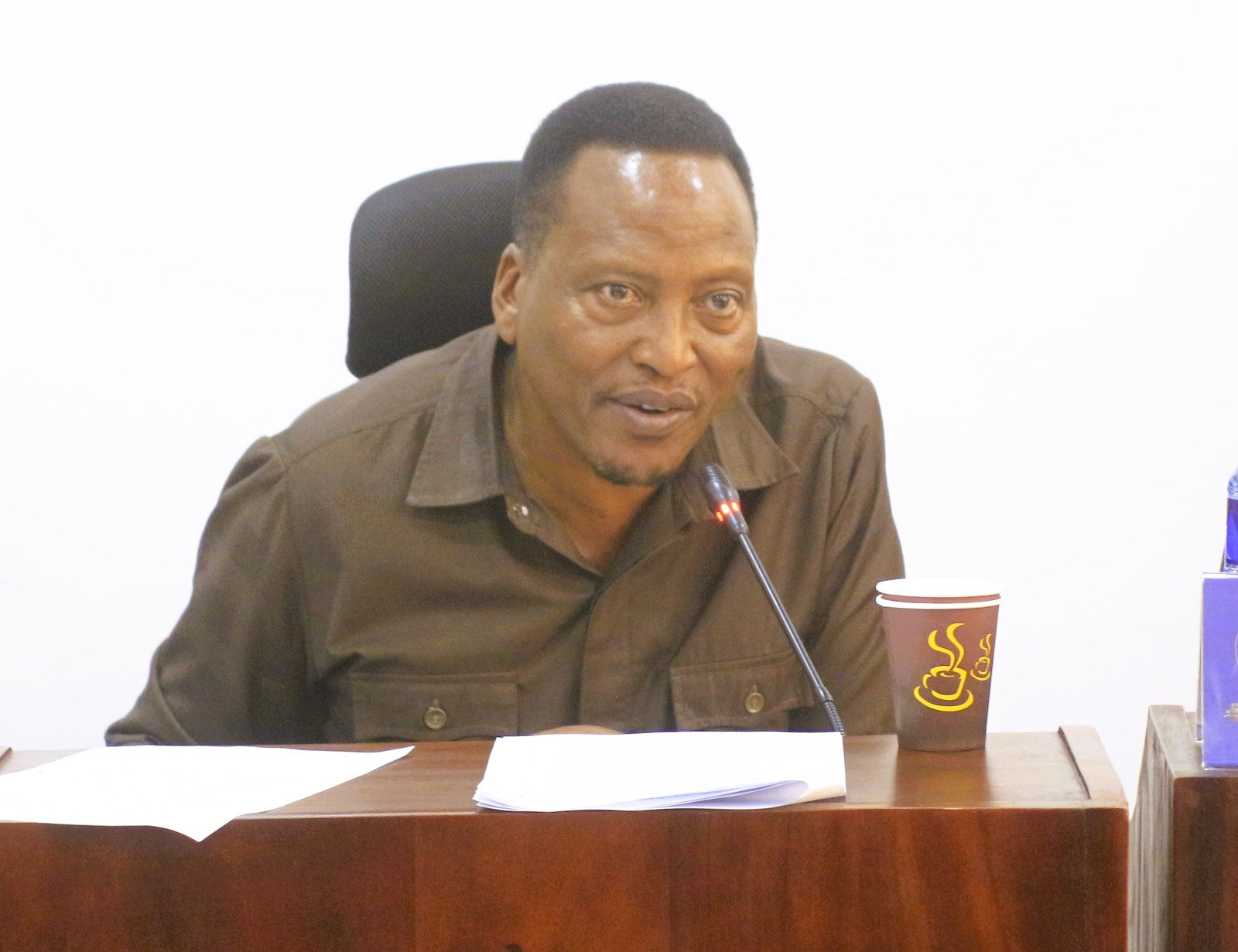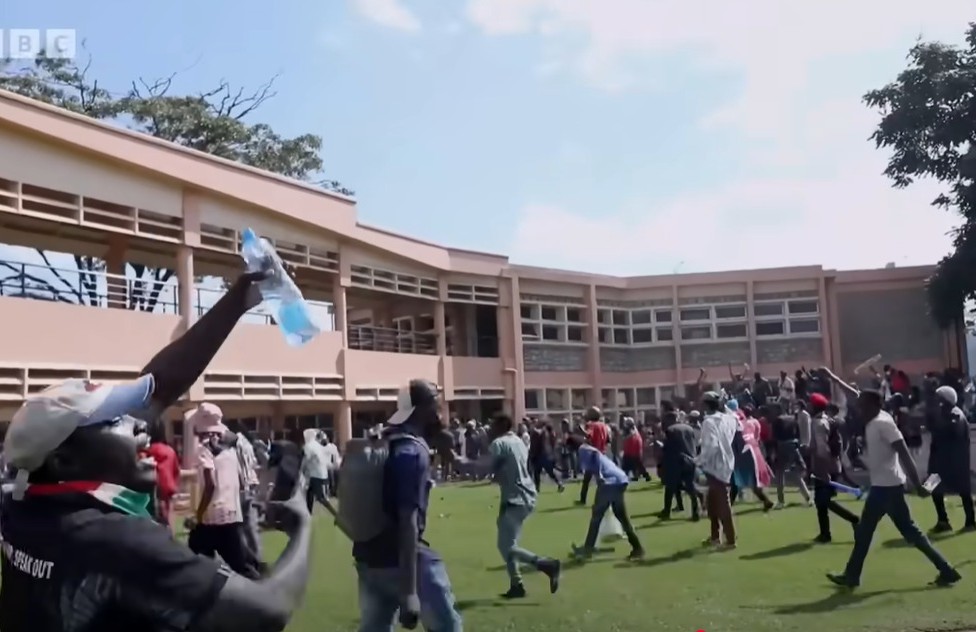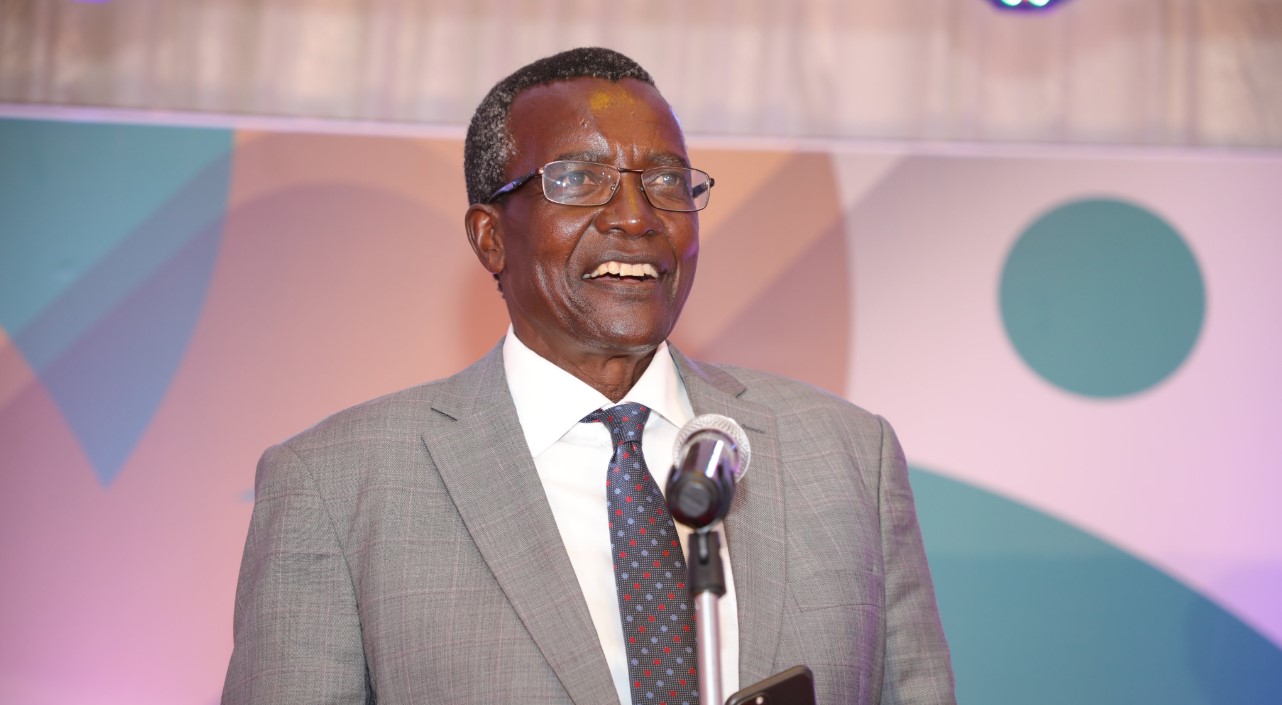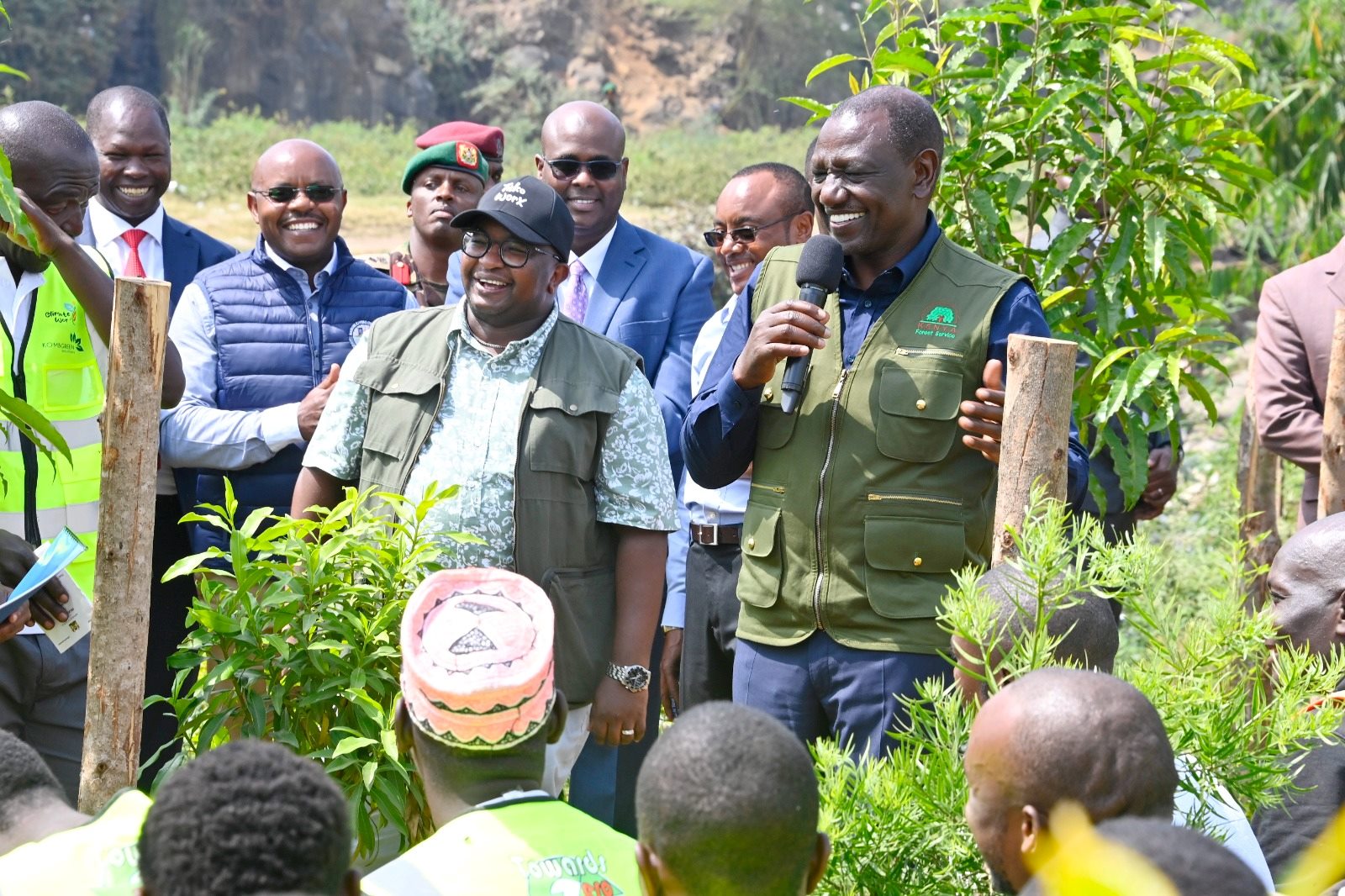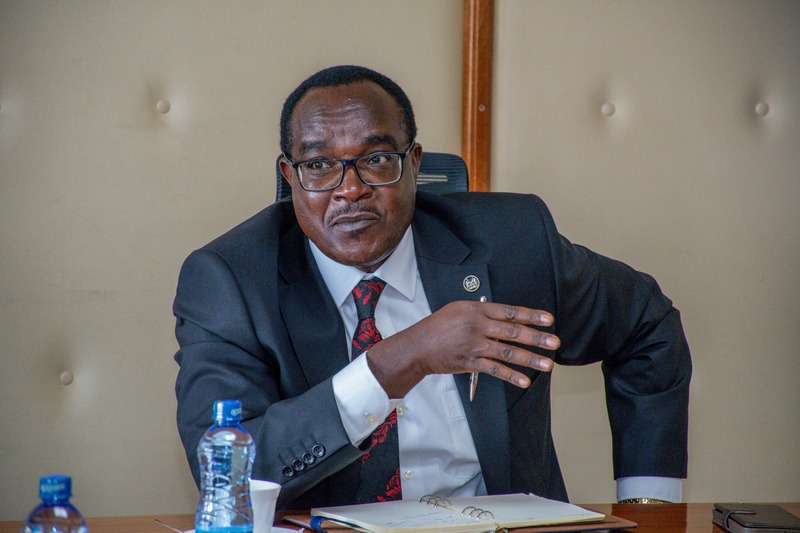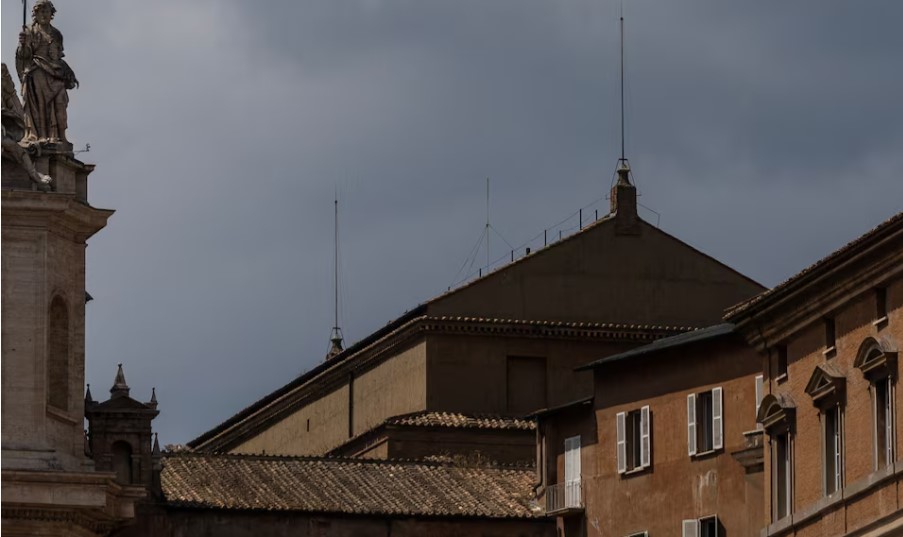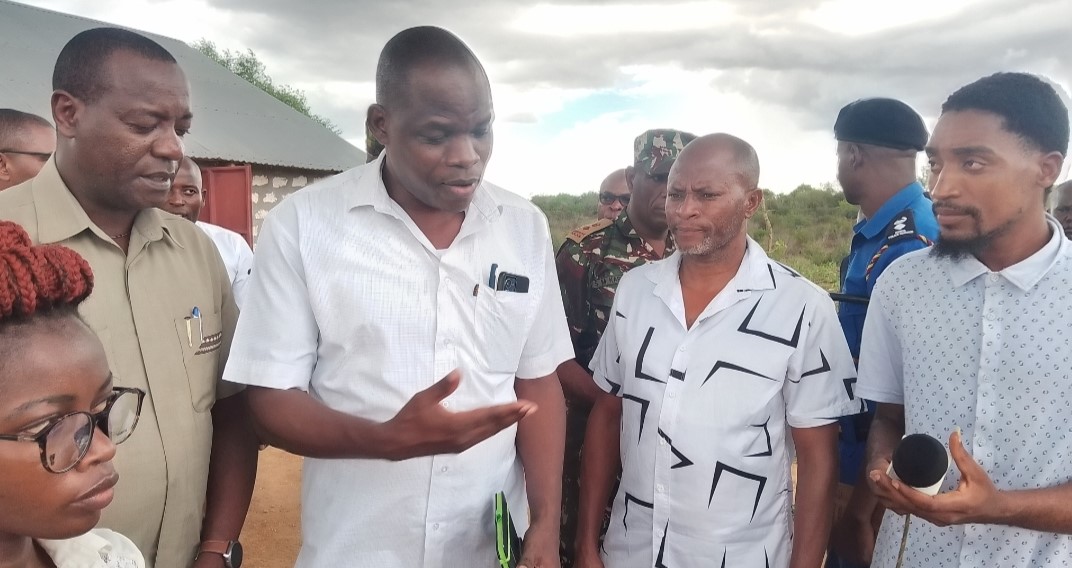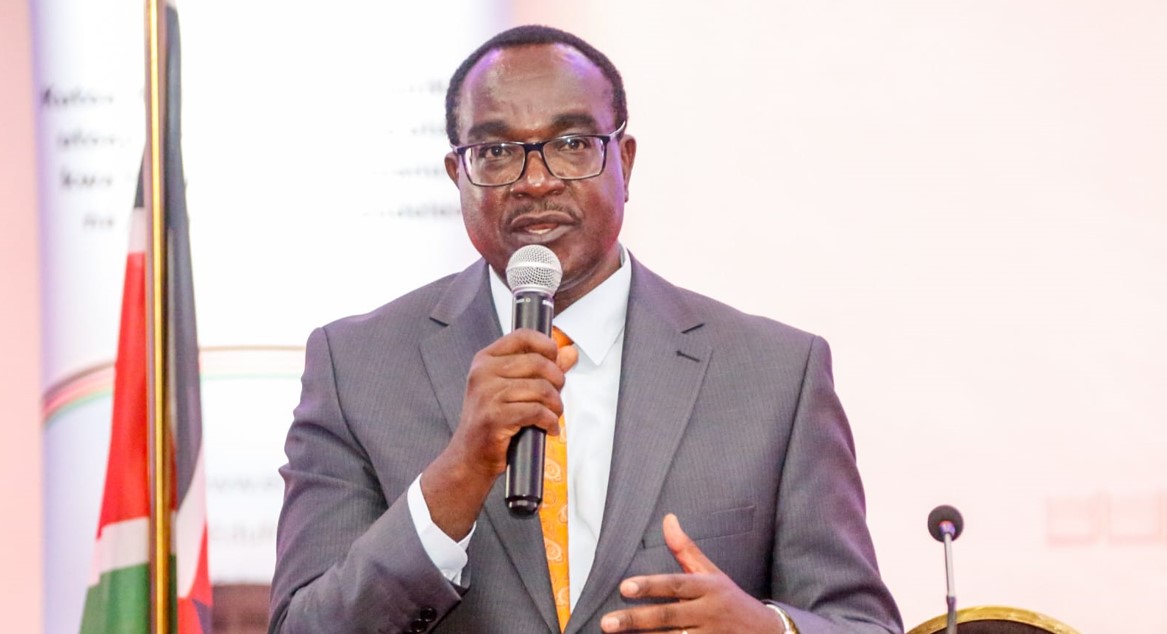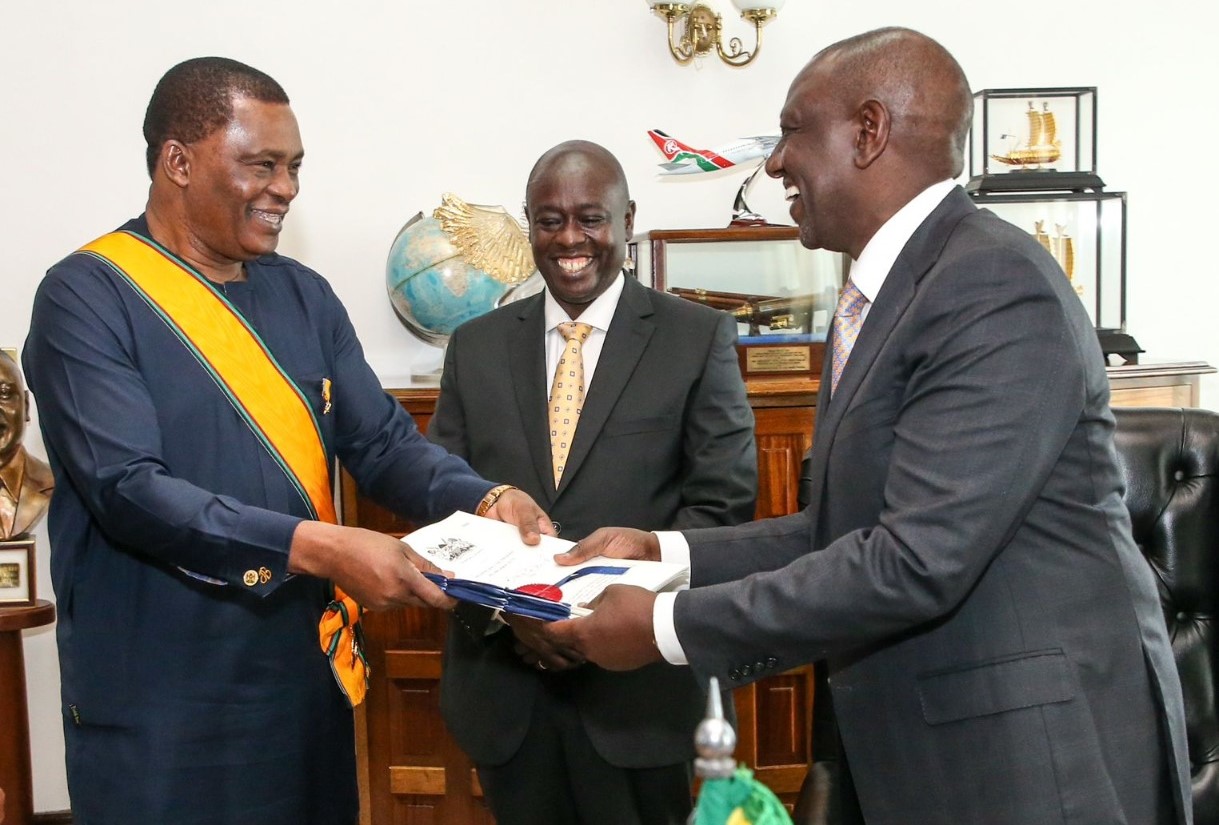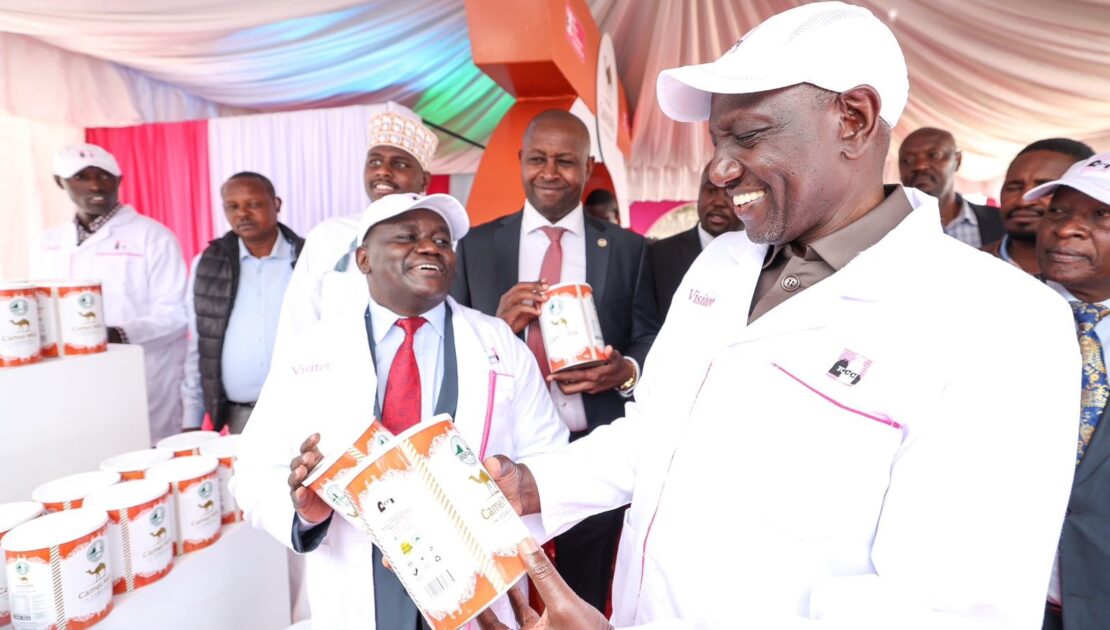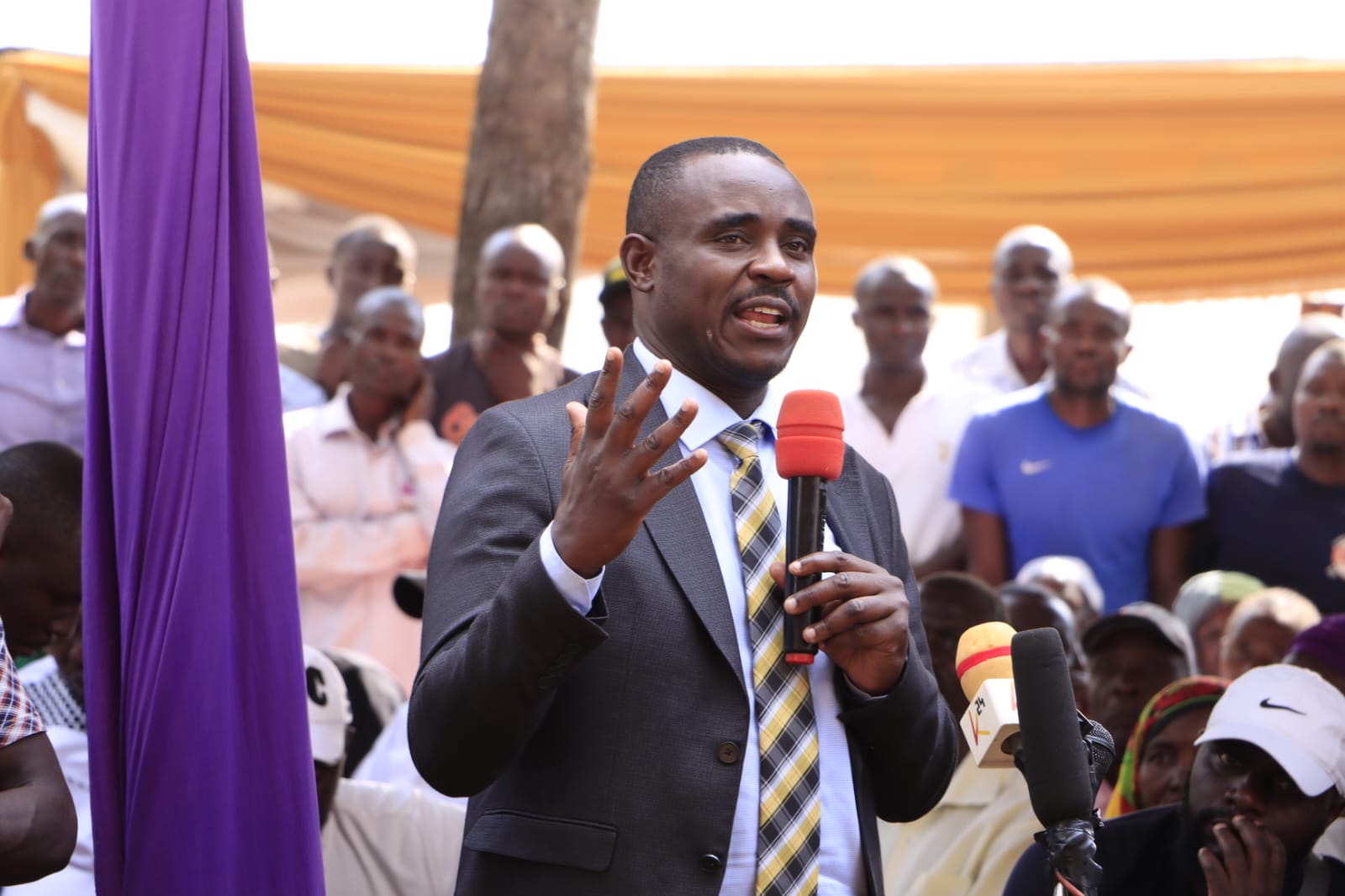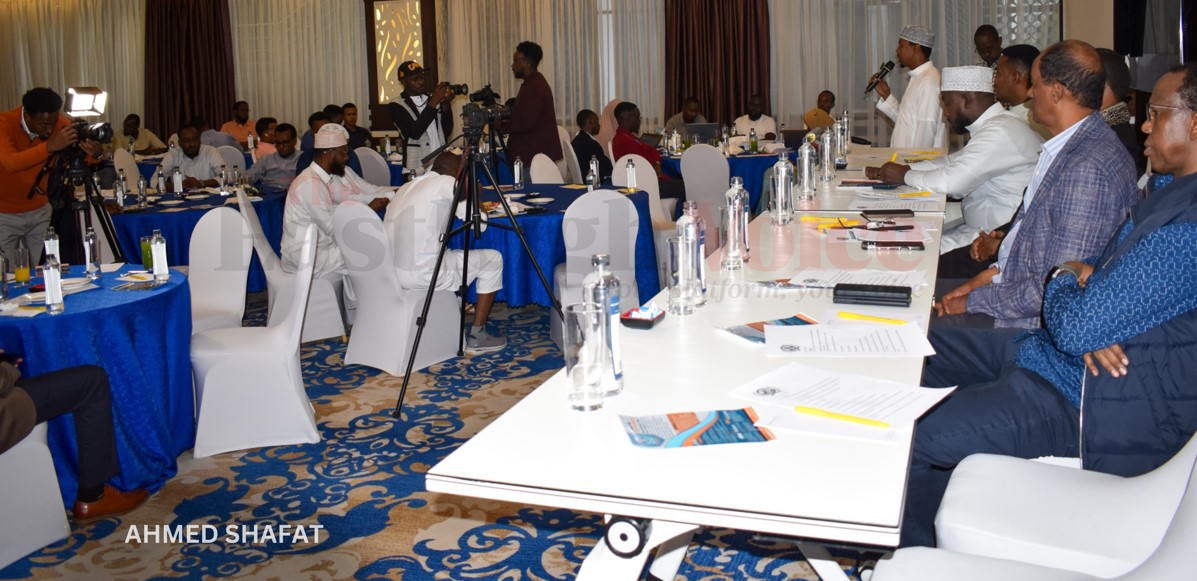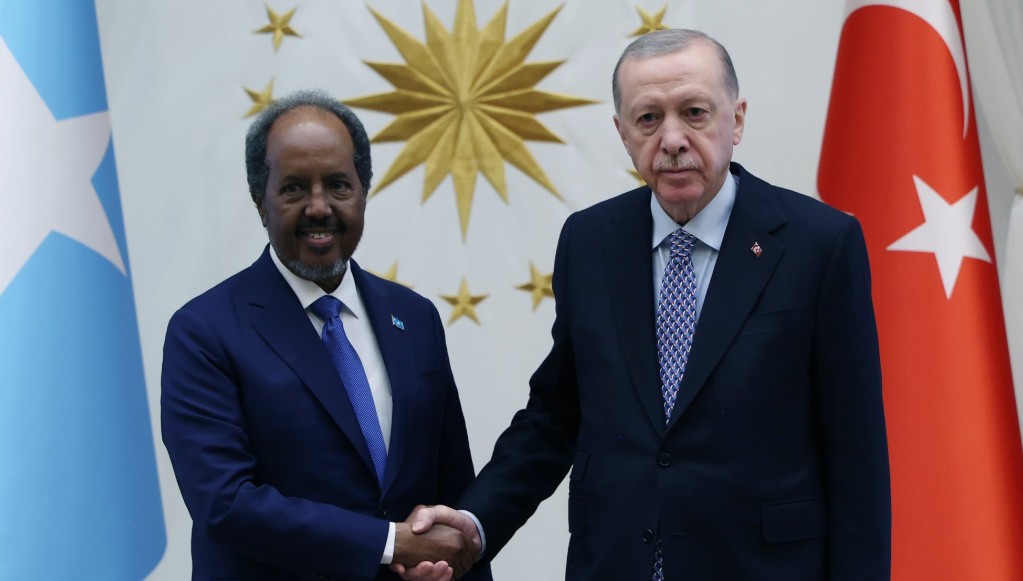Sh16bn World Bank project promises to revamp pastoral economy
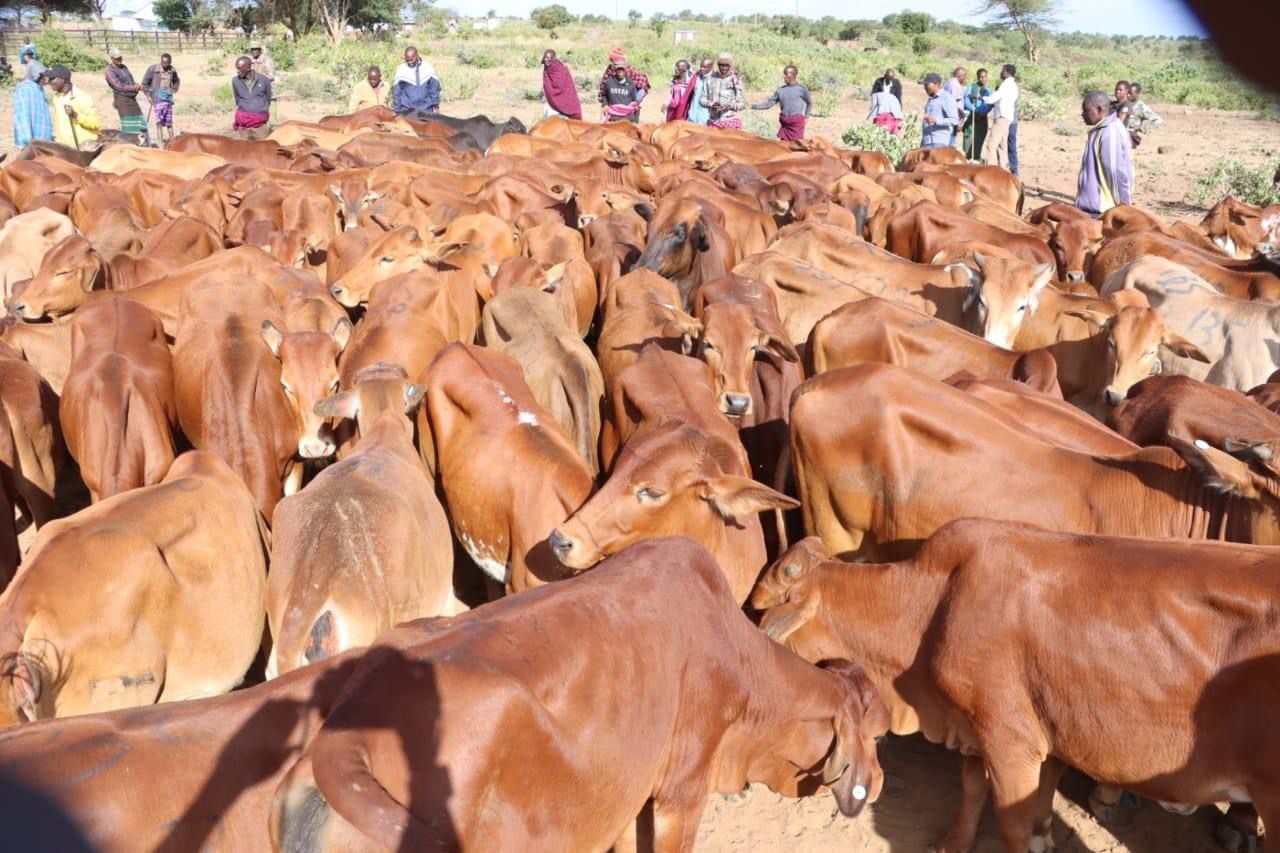
The funds will cushion Northern counties against the risks of drought, and facilitate livestock trade as well as the stablishment of slaughterhouses for meat production and processing.
Isiolo, Marsabit, Mandera, Wajir, and Garissa are among the 21 ASAL counties set to benefit from a Sh16 billion World Bank-funded project to enhance financial inclusion and value addition among pastoral economies in the Horn of Africa.
Government Spokesperson Isaac Mwaura, in a briefing on Thursday, said the government is keenly following the implementation of the project.
More To Read
- Horn of Africa region records sharp increase in violent extremism attacks- IGAD report
- East Africa Trade Corridor forum seeking to boost regional trade opens in Addis Ababa
- Museveni, Hassan engage in talks on regional security and support for Somali forces
- Ethiopia and Somalia set march date for next round of Ankara Declaration talks
The funds will also cushion counties against the risks of drought, facilitate livestock trade across the region, and aid the establishment of slaughterhouses for meat production and processing for both local and international markets.
The announcement comes barely a week after a report by TIFA Research indicated that in 2023, Cabinet secretaries recorded the least engagements in North Eastern counties.
The project which began in October 2022 and runs through 2027 also seeks to upgrade livestock value chains through breeding, covering Dorper, Sahiwal, Boran, and Galla goats, leather processing and value addition for livestock products.
So far, a total of Sh1.2 billion has been paid out in insurance claims, with 107,492 receiving insurance for their livestock.
"The project has also sought to empower the female gender as the percentage of supported women who own bank accounts increased from a baseline of 33 per cent to 108 per cent," Mwaura said.
He added that the project has helped create jobs, evidenced by the creation of 163,578 digital accounts under the project, and a commitment by 26 formal financial sector companies to provide services to pastoralists.
"This is in keeping with the government's commitment to deploy modern risk management instruments that ensure farming is profitable, with predictable incomes, just as it was in the 1970s when scheduled crops were catered for under the Guaranteed Minimum Returns Scheme," he added.
Other Counties set to benefit are Turkana, Laikipia, Tana River, Taita Taveta, Kilifi, Kwale, Lamu, Meru (Meru North Sub-county), Tharaka Nithi, Samburu, Baringo, West Pokot, Narok, Kajiado, Makueni, and Kitui.
According to the Word Bank, Kenya lacks investment in cattle fattening systems and also has issues with the breeds of pastoralists.
"In Ethiopia, the livestock for meat is mainly sold through informal markets and a significant amount is smuggled across borders to Somalia and Djibouti in Somalia. The entire system of quality infrastructure to trace livestock and ensure consistency of quality standards is missing. The Bureau of Services in charge of quality infrastructure was launched in March 2021," the World Bank's Project Information document notes.
According to the document, the HOA region continues to rank amongst the poorest and most fragile regions in the world.
"At the close of 2018, countries in the HOA were hosting 3.9 million refugees or people living in refugee-like situations; an estimated 8.95 million were internally displaced people," the document adds.
"There is a high rising level of undernourishment in the region, amounting to 27 per cent of the regional population and expected to grow by 34 per cent by 2030, according to Food Agricultural Organisation's predictions."
Top Stories Today
